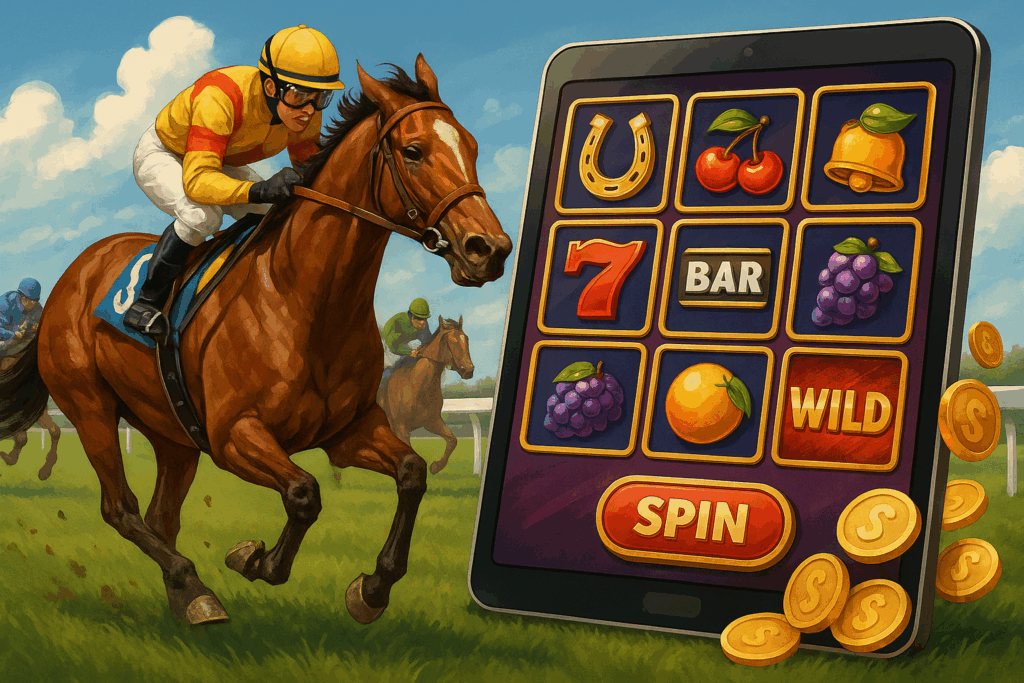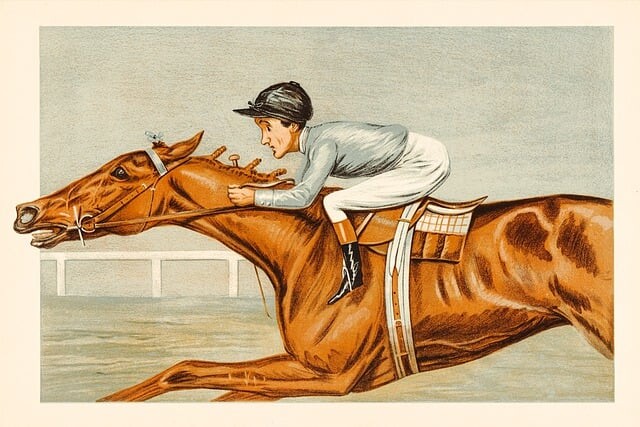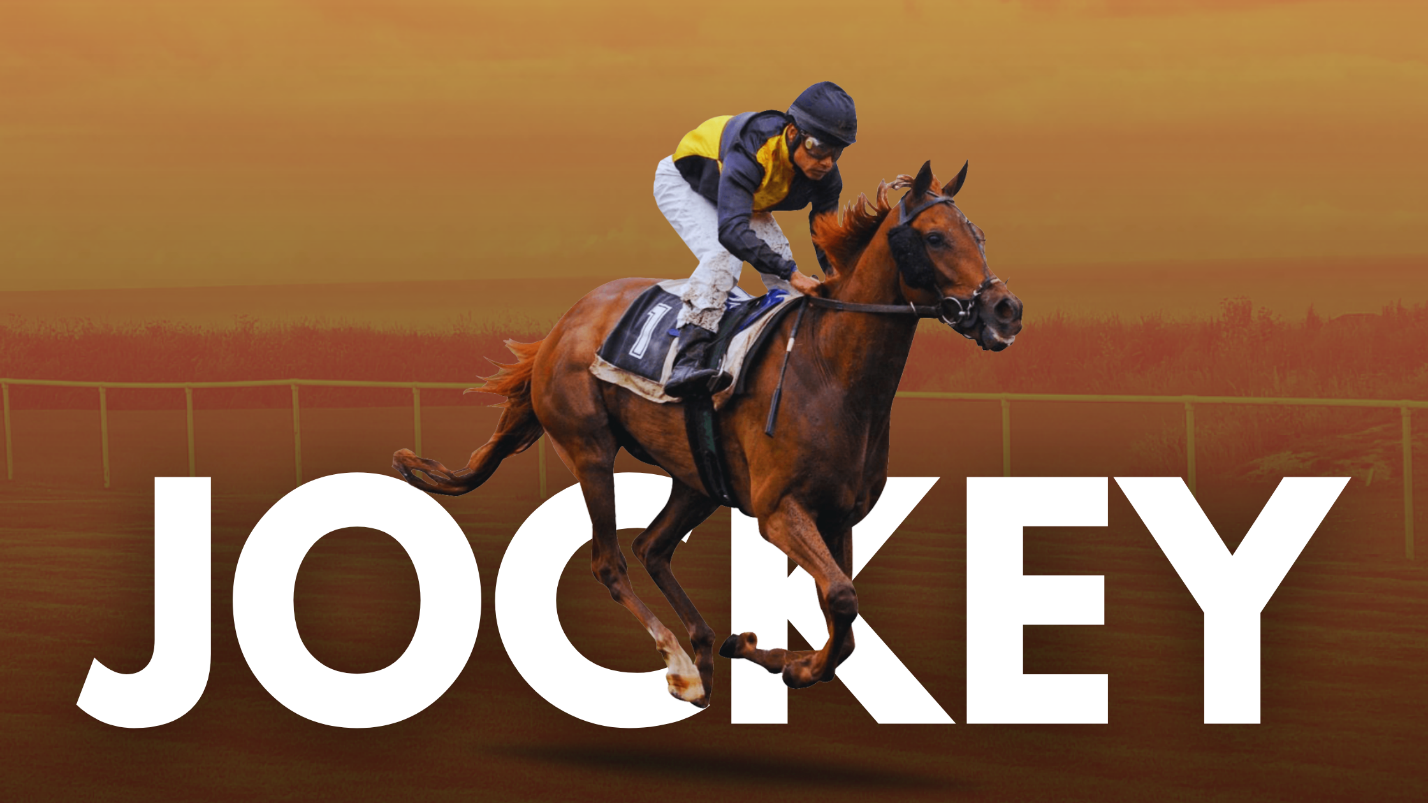 Online gambling in the UK is growing fast, adapting to changes in the digital environment and the growing expectations of players. One cool example of this transformation is the combination of horse racing with modern slot machine mechanics.
Online gambling in the UK is growing fast, adapting to changes in the digital environment and the growing expectations of players. One cool example of this transformation is the combination of horse racing with modern slot machine mechanics.
These two seemingly disparate worlds have found common ground, giving rise to unique, highly engaging products. At the same time, more and more users are turning their attention to £4 minimum deposit casino uk offers, which allow them to start playing with minimal investment.
The tote as the basis of gambling logic
Historically, British horse racing was not only a sporting spectacle but also a form of social activity. The betting system known as the totalizator became the basis for future gambling entertainment. Players were involved in the process, competed with each other, made predictions and felt the thrill of an unpredictable outcome.
It was this format that formed the basis for many gaming models, which eventually moved into the digital environment.
When the era of digitalisation began, developers realised that the mechanics of the totalizator were ideally suited to the logic of slot machines. However, instead of real horse races, simulated races and random events appeared in slots, maintaining the tension until the last spin.
The image of horse racing as a visual metaphor
Horse racing became not only a source of mechanics, but also a visual starting point for designers.
Images of jockeys, grandstands, finish lines and thoroughbred horses became characteristic elements in horse racing-themed slots. Such details create an atmosphere of dynamism and sporting excitement, complementing the gameplay with visual storytelling.
Slots in this category often feature vivid animations of horses in motion, characteristic sound effects and elements of the arena that imitate a real racecourse. This design gives the player the impression that they are participating in a real competition, rather than just spinning the reels.
The influence of RNG on the perception of the result
Unlike a physical race, where the result depends on the speed of the horses, weather conditions and the jockey’s strategy, in slots everything is governed by a random number generator (RNG) algorithm. This element guarantees impartiality and fairness, ensuring that each result is completely random.
However, many gaming products mask the work of the RNG by visualising the win as the victory of the selected horse. This presentation enhances the feeling of involvement and adds intrigue, especially when the animation of the movement coincides with the player’s victory.
New mechanics: more than just spinning
Classic slot machines of the past offered only simple reel spins, but modern solutions are much more complex. In horse racing-themed slots, players have the opportunity to participate in the selection process, influencing the direction of the plot. This can be choosing ‘their’ horse, betting on the winner, or participating in bonus race simulations.
Such elements increase the level of interaction with the game, making each round different from the previous one. Often, these features become key in building the user’s emotional response, creating a sense of immersion in what is happening on the screen.
Horse racing-themed slots: time-tested examples
There are dozens of games on the market in which horse racing plays a central role. Developers from all over the world use this theme as the basis for creating original gameplay and visual design. These projects include slot machines with references to famous jockeys, racetrack simulators, and even fantasy races where horses are replaced by mythical creatures.
Each of these games offers its own unique mechanics: in some, the user chooses the winner, in others, they win by matching symbols, and sometimes they watch a 3D simulation that affects the outcome of the bonus round. These approaches demonstrate how deeply the theme of horse racing has penetrated modern gambling culture.
The influence of sportsmanship on engagement
Excitement, competition, and the spirit of victory are all associated with sports. It is not surprising that developers try to evoke these emotions in users who play themed slots. The mechanics of the game are closely intertwined with anticipation, prediction, and a sense of unpredictability.
It is important for the player not just to press the ‘spin’ button, but to feel that their decision, even if only slightly, determines the outcome. This psychological need is perfectly satisfied by horse racing-themed slots, where everything is designed as a competition, albeit a virtual one based on an algorithm.
New horizons: augmented and virtual reality
Technological progress is also affecting slot machines. Today, manufacturers are increasingly turning to virtual and augmented reality technologies to create deeper and more realistic horse racing simulations. Thanks to VR and AR, players can ‘immerse’ themselves in the race, viewing events from different angles and interacting with the game space.
In slots that support these technologies, users literally feel like they are in the stands at the racetrack or even in the role of a jockey. This level of immersion radically changes the perception of the gaming process and expands the boundaries of familiar interaction with content.
Multiplayer as a path to socialisation
Modern casino platforms are increasingly using social mechanics. For themed slots based on horse racing, this opens up new opportunities: players can compete with each other, track their progress in leaderboards, or participate in daily tournaments.
The multiplayer format adds an extra level of excitement — competition. People enjoy not only the game itself, but also the interaction with other participants. This makes slots more lively and emotionally charged.
The intertwining of betting and gaming
Horse racing and betting are inextricably linked, especially in the British context. That is why some gaming companies are developing hybrid models that combine elements of slots and sports betting. In such games, you can make predictions on virtual races, and the result is determined by an RNG.
Such hybrids are particularly attractive to those who are interested in both gambling and sports betting. This expands the potential audience and creates a unique experience that combines elements of strategic thinking and chance.
Prospects for development: moving forward
Games inspired by horse racing continue to evolve. The industry is looking towards blockchain technology, NFTs and dynamically changing scenarios. All of this will make the gaming experience even more flexible, personalised and visually appealing.
In the future, we can expect to see unique collaborations with real horse racing, the use of machine learning for predictions, and even the creation of ‘live’ virtual racetracks that adapt to the user’s actions. All of this shows that horse racing is not a spent force, but is only entering a new phase.
Final word: horse racing as a symbol of progress
Horse racing is not only part of the British cultural code, but also a source of inspiration for innovation in gambling. From the first bets in the tote to the most complex VR simulations, horse racing has come a long way while retaining its essence — passion, excitement and the spirit of competition.
Today, horse racing-inspired slots are a symbiosis of tradition and digital technology. They speak the language of emotions, anticipate the player’s desires and offer an exciting experience in which everyone can feel like a participant in a real competition.
 The rise of decentralized finance (DeFi) and blockchain-based applications has led to an explosion of interest in crypto gambling platforms. From decentralized casinos to blockchain-based betting protocols, users are increasingly turning to digital wallets for secure, seamless access to their favorite gambling dApps (decentralized applications). Among the most popular wallets for such activities are
The rise of decentralized finance (DeFi) and blockchain-based applications has led to an explosion of interest in crypto gambling platforms. From decentralized casinos to blockchain-based betting protocols, users are increasingly turning to digital wallets for secure, seamless access to their favorite gambling dApps (decentralized applications). Among the most popular wallets for such activities are  Former Irish champion apprentice Patrick ‘Pat’ Cosgrave moved to England in 2004 and, at the last count, had ridden 974 winners, including three Group 1 winners, on British soil. However, his career tally should be, and would be, 975 winners, but for an incident at Chelmsford on April 20, 2023, which Newmarket trainer George Boughey described as ‘one of those grave mistakes you never believe is going to happen to you’.
Former Irish champion apprentice Patrick ‘Pat’ Cosgrave moved to England in 2004 and, at the last count, had ridden 974 winners, including three Group 1 winners, on British soil. However, his career tally should be, and would be, 975 winners, but for an incident at Chelmsford on April 20, 2023, which Newmarket trainer George Boughey described as ‘one of those grave mistakes you never believe is going to happen to you’.